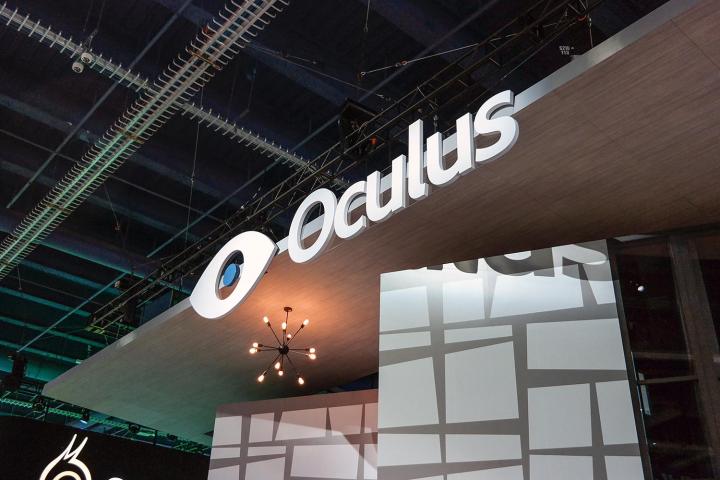
That is apparently changing in 2018, with Oculus working hard to create a $200 stand-alone wireless headset that does not require a dedicated PC to run, Bloomberg reports. The development should come as no surprise, as Facebook CEO Mark Zuckerberg — Facebook purchased Oculus in 2014 — indicated at last year’s Oculus developer conference that such a device was possible.
At the conference, Zuckerberg said, “This is the kind of thing that we believe will exist.” he said. He was describing a device that would hit a “sweet spot” that is more expensive than a smartphone-based VR system like Samsung’s Gear VR and less expensive than Facebook’s own Oculus Rift system. That sentiment was reaffirmed in an email that we received today from an Oculus spokesperson:
“We don’t have a product to unveil at this time, however we can confirm that we’re making several significant technology investments in the stand-alone VR category. This is in addition to our commitment to high-end VR products like Oculus Rift and mobile phone products like Gear VR.”
There are not many details on the upcoming headset. It will have wireless controllers and an interface that will sport an interface that’s a bit like the Gear VR. The device will be manufactured by Chinese company Xiaomi and it will use a Qualcomm Snapdragon mobile system-on-chip (SoC) to provide a similar gaming experience to the Gear VR. The device described here won’t get in the way of Facebook’s work on another stand-alone VR headset — code-named “Santa Cruz” — that matches the Oculus Rift in power but that one is not likely to come in at anywhere close to a $200 price point.
The lower-end product will not be a replacement for the Rift because it won’t have the high-end product’s positional tracking capabilities providing six degrees of freedom. That feature won’t make its way to a stand-alone product until a future version. In the meantime, Oculus will be working with game designers to ensure that a solid lineup of titles will be available and downloadable from within the VR environment while maintaining its commitment to the Oculus Rift system.
If you are excited about the prospect of a stand-alone VR headset that does not tie you down to an expensive PC and provides a little more power than Gear VR, then you will have to wait awhile to get your hands on one. It won’t be shipping it until 2018, and in the meantime, there’s the Gear VR and Oculus Rift to consider as viable alternatives.
Updated: We added a statement that we received from Oculus on Thursday and made some minor adjustments to the story.
Editors' Recommendations
- Meta Quest 4: Here’s what we want from the next big VR headset
- You don’t need a Facebook account to use your Oculus Quest 2 anymore
- You can now high-five in VR
- Pimax’s 12K QLED VR headset wants to take virtual reality to the next level
- Two new ‘game-changing’ VR headsets could arrive at HTC’s ViveCon next week


